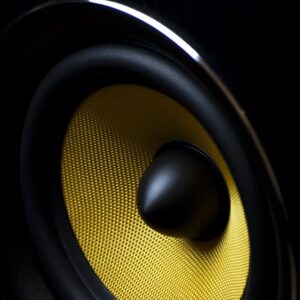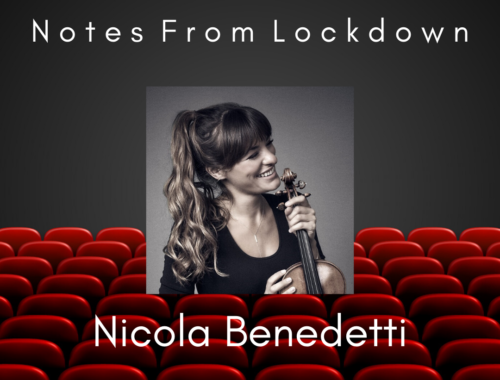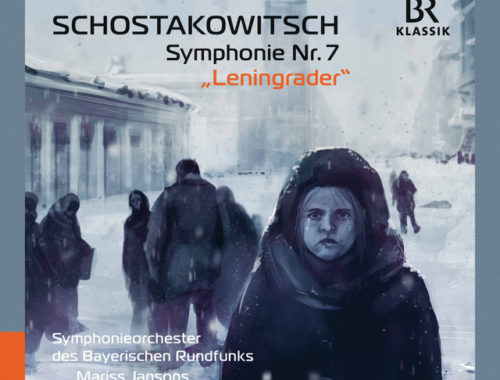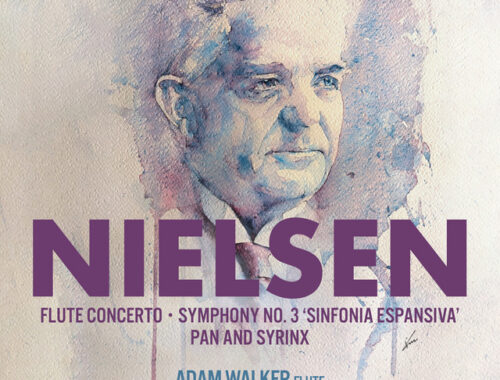GRAMOPHONE: From Where I Sit – October 2021
 As I contemplate the return of public events and the unimaginable joy of hearing a real orchestra live for the first time in 18 months – that would be at the Proms, I fancy – I am also relishing the prospect of two great Rodgers and Hammerstein shows re-thought and re-imagined for the Chichester Festival Theatre and Regent’s Park Open Air Theatre respectively. They are South Pacific and Carousel and in this age of ever diminishing orchestras for musical theatre (as witness the justifiable outcry over the greatly reduced Phantom of the Opera ensemble) I was much heartened to encounter the creative musical imagination of Tom Deering for the completely reimagined Carousel at Regent’s Park. Arguably the greatest score ever written for the Broadway lyric stage (no question in my mind) the idea of revisiting it with anything less than the unprecedented 40 players of its original production (those were the days) has seemed less appealing with each revival.
As I contemplate the return of public events and the unimaginable joy of hearing a real orchestra live for the first time in 18 months – that would be at the Proms, I fancy – I am also relishing the prospect of two great Rodgers and Hammerstein shows re-thought and re-imagined for the Chichester Festival Theatre and Regent’s Park Open Air Theatre respectively. They are South Pacific and Carousel and in this age of ever diminishing orchestras for musical theatre (as witness the justifiable outcry over the greatly reduced Phantom of the Opera ensemble) I was much heartened to encounter the creative musical imagination of Tom Deering for the completely reimagined Carousel at Regent’s Park. Arguably the greatest score ever written for the Broadway lyric stage (no question in my mind) the idea of revisiting it with anything less than the unprecedented 40 players of its original production (those were the days) has seemed less appealing with each revival.
But in an exclusive podcast with Deering for the Open Air Theatre I learned of his bold idea to eliminate strings altogether from the scoring and turn instead to brass band instruments – a tradition deeply imbedded in the northern seafaring community where the show will be set and a sound quite magically associated with the open air since Mozart and beyond. What is lost in terms of lushness and amplitude with the elimination of strings is thus instantly restored in the sound of cornets and euphoniums.
In the ongoing debate of acoustic versus electronic over the years it has become more and more apparent that audiences no longer know what they are hearing. It may sound like a trumpet or horn or an entire string section but it is very likely a keyboard ‘sampling’ that successfully (or otherwise) deceives the listener. And the ever ramped-up sound levels have conditioned those who might never have heard the natural timbre of ‘un-miked’ voices, human or instrumental, into the expectation of ever-mounting decibels. Threshold of pain.
I do worry about our collective ears and by extension our ability truly to appreciate natural timbres. Those of us living and working with classical music have rather different expectations, it’s true, but I am still amazed by the number of young people I encounter who have still never heard great music and musicians ‘au naturel’. I remember as a boy seeing musicals where the ambient microphones at the foot of the stage were only deployed for the musical numbers – and I have to say that from the cheapest seats that was a relief.
But being drawn into the sound as opposed to being assaulted by it is important. I remember the great Barbara Cook – one of Broadway’s most venerated voices – talking about the importance of knowing how to use a microphone but then returning to the stage at the close of her last London concerts to sing Sondheim’s ‘Anyone Can Whistle’ without one. And we listened differently, more intently, to that lovely timbre and the human being behind it.
Then again I remember taking a young friend to hear Luciano Pavarotti live at the Royal Opera and standing open-mouthed when their only observation at the end of the evening was ‘I thought he would sound bigger’. Nothing about the uniqueness and beauty of the sound, mind, just the size. That’s the stadium culture for you. Long may it diminish.




